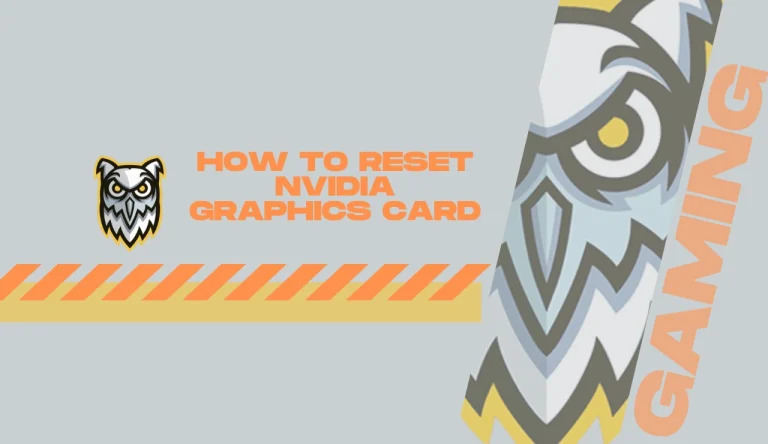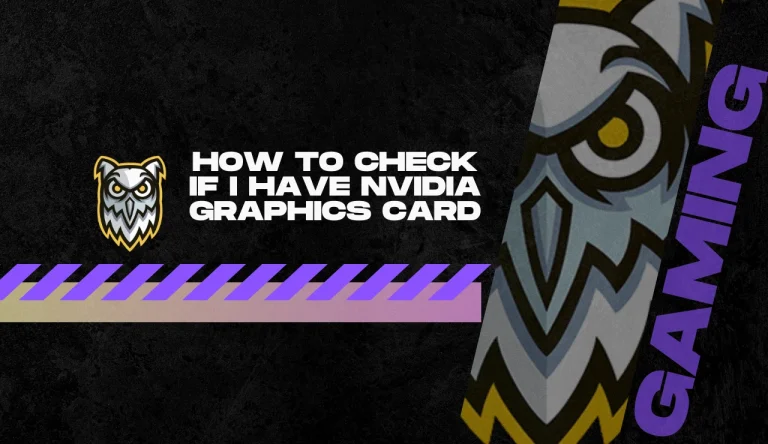Can You Upgrade A Laptop Graphics Card
Are you tired of your laptop’s outdated graphics card holding back your gaming or graphic design experience? Frustrated with the limitations of your current hardware? Can You Upgrade A Laptop Graphics Card? Well, there is good news for you!
In this article, we will dive into the possibility of upgrading your laptop’s graphics card, exploring whether it is a feasible option or not.
Understanding the limitations of laptop graphics cards is crucial. Unlike desktop computers, most laptops have non-upgradable graphics cards due to their integrated design. However, advancements in technology have led to external graphics card solutions that can enhance your laptop’s graphical performance. We will discuss compatibility requirements and explore these external options in detail.
Additionally, if upgrading the graphics card isn’t possible for your specific laptop model, we will provide alternative options to improve its performance. Seeking professional assistance may also be necessary when it comes to upgrades.
So let’s delve into the world of laptop upgrades and see what possibilities lie ahead for you!
Understanding Laptop Graphics Card Limitations
You may not be able to upgrade your laptop’s graphics card due to the limitations imposed by its design and form factor. Laptop graphics cards are typically integrated into the motherboard, making them difficult or impossible to replace. Additionally, laptops often have limited space and power capabilities, which further restricts the possibility of upgrading the graphics card.

One important limitation to consider is the overclocking potential. Overclocking a graphics card can enhance its performance, but it also generates more heat and requires more power. Most laptops are not designed with sufficient cooling systems or power supplies to support overclocked graphics cards.
Another consideration is the impact on battery life. Upgrading to a more powerful graphics card usually means increased power consumption, which can significantly reduce your laptop’s battery life. This trade-off between performance and mobility should be carefully evaluated before attempting any upgrades.
While desktop computers offer more flexibility for upgrading components like graphics cards, most laptops have limitations that make it challenging or impossible to upgrade their graphics cards effectively.
Identifying Compatibility Requirements
Finding the right components that match your device’s specifications is crucial for a successful enhancement. When researching DIY graphics card replacement, it’s important to evaluate the impact of graphics card upgrades on laptop cooling systems. Here are five key factors to consider:
- Power requirements: Ensure that the upgraded graphics card is compatible with your laptop’s power supply capacity.
- Physical dimensions: Check if the new graphics card will fit within your laptop’s existing chassis.
- Thermal design: Assess whether your laptop’s cooling system can handle the extra heat generated by a more powerful graphics card.
- Driver compatibility: Confirm that there are suitable drivers available for the upgraded graphics card that work with your operating system.
- BIOS support: Verify if your laptop’s BIOS supports an upgraded graphics card and if any firmware updates are required.
By carefully considering these factors, you can make an informed decision about upgrading your laptop’s graphics card while avoiding compatibility issues and potential overheating problems.
Exploring External Graphics Card Solutions
Delving into external graphics card solutions can open up a world of endless possibilities, igniting your device’s potential and unleashing a whole new level of gaming or creative prowess. When it comes to enhancing your laptop’s graphics capabilities externally, there are several options available in the market. To help you make an informed decision, let’s compare the performance benchmarks of different external graphics card options.
Take a look at this table that showcases the key features and specifications of some popular external graphics card setups:
| Option | DIY Setup | Pre-built Solution |
|---|---|---|
| Price | Lower | Higher |
| Compatibility | Requires technical expertise | Plug-and-play |
| Performance | Variable depending on components used | Consistent and optimized |
While a DIY setup may offer more flexibility and cost savings, pre-built solutions provide convenience and optimized performance. Consider factors like budget, compatibility requirements, and desired performance before selecting an external graphics card solution for your laptop.
Considering Alternative Options for Improved Graphics Performance
Looking for a way to take your gaming or creative projects to new heights? Consider exploring alternative options that can give your device a significant boost in graphics performance. Here are four techniques you can try:

- Overclocking: By increasing the clock speed of your laptop’s GPU, you can achieve better graphics performance. However, this should be done with caution as it may lead to overheating and potential damage.
- Software optimizations: Certain software tools allow you to optimize your laptop’s graphics capabilities. These tools can help enhance image quality, reduce lag, and improve overall performance during gaming or intensive graphic tasks.
- External graphics card enclosures: If upgrading the internal graphics card is not an option, consider using an external graphics card enclosure. This allows you to connect a desktop-grade GPU to your laptop via Thunderbolt 3 or USB-C port.
- Cloud gaming services: Another alternative is utilizing cloud gaming services like GeForce Now or Shadow PC. These platforms stream games from powerful servers directly to your laptop, eliminating the need for high-end hardware.
By exploring these alternative options, you can significantly improve your laptop’s graphics performance without having to upgrade the internal graphics card.
Seeking Professional Assistance for Upgrades
If you’re truly committed to enhancing your gaming or creative experience, it may be worth considering seeking professional guidance and expertise when it comes to optimizing the performance of your device.
Choosing the right laptop upgrade specialist is crucial in ensuring a successful graphics card upgrade. Look for technicians who specialize in laptop hardware upgrades, as they’ll have the necessary knowledge and experience to handle the delicate process.
They can assess your specific laptop model and determine if a graphics card upgrade is possible and compatible with your system. Additionally, they can recommend the best graphics card options based on your budget and needs.
While upgrading a laptop graphics card can be more expensive compared to desktop counterparts, consulting with professionals can help you make an informed decision on whether it’s cost-effective for you in terms of performance improvement and longevity of your device.
Frequently Asked Questions
Conclusion
In conclusion, it’s not possible to upgrade the graphics card in most laptops due to their limited design and compatibility restrictions. However, there are alternative options available.
Exploring external graphics card solutions can provide a boost in performance for gaming or graphic-intensive tasks. Additionally, considering alternative options such as upgrading RAM or optimizing software settings can also enhance graphics performance.
It’s essential to seek professional assistance when attempting any upgrades to ensure compatibility and avoid damaging your laptop.






